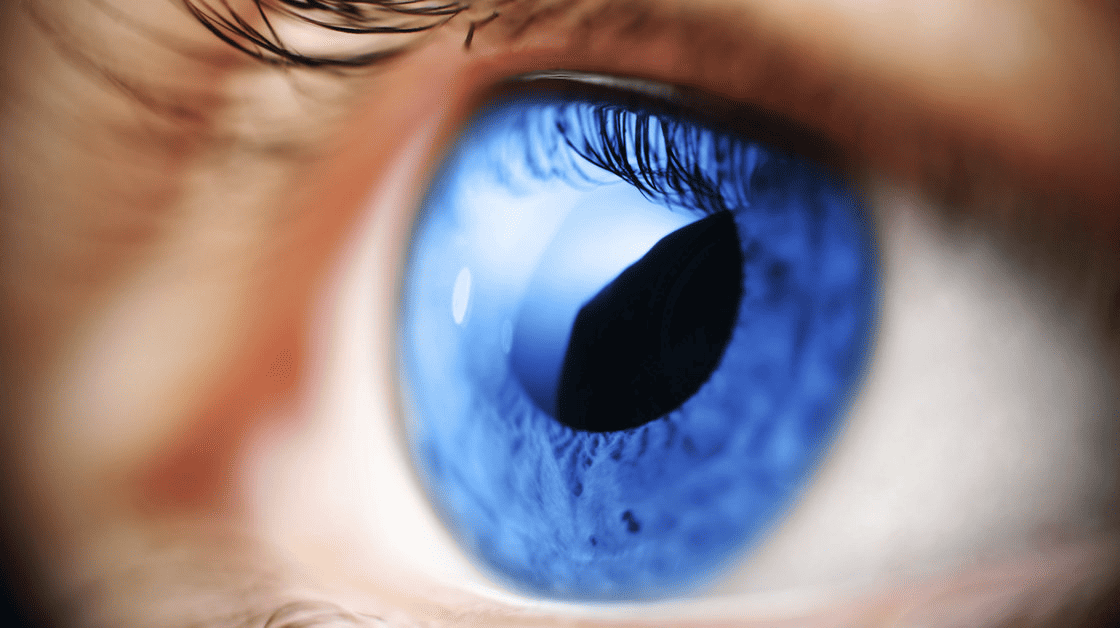NPR recently reported findings from a new study showing a correlation between oral contraceptives and the risk of glaucoma.
The study, administered by the Centers for Disease Control and Prevention, looked at whether the changes in a woman’s estrogen levels (suppressed in women who take birth control) could affect her risk of developing glaucoma later in life. Of the more than 3000 women over the age of 40 participating in the study, those who had taken contraceptives for more than 3 years were more than twice as likely to be diagnosed with glaucoma.
The second-leading cause of blindness in the world, glaucoma is a disease that damages the eye’s optic nerve. Fluid in the eye, called aqueous humor, maintains intraocular pressure and provides essential nutrients to the eye. Aqueous humor leaves the eye from a mesh-like canal. Glaucoma occurs when the canal is blocked or damaged and fluid begins to build up and cause pressure within the eye.
The overall risk of developing glaucoma after age 40 is already quite small and critics of the study argue that there is no proof that taking oral contraceptives caused the apparent increased risk. However, the study does highlight the possibility of a connection between eyesight and estrogen – that the hormone creates a protective casing around the eye’s retina. When birth control pills suppress a woman’s estrogen level during her cycle this lowers the total exposure to estrogen and over time, this dampening could contribute to retinal damage.
Ophthalmologist Clayton Falknor M.D. explains, “The vast majority of cases of glaucoma are asymptomatic in the early and moderate stages and cannot be detected without an eye examination. This study suggests, but does not prove that women who have taken oral contraceptives for several years may be at increased risk for glaucoma later in life and therefore need to be examined to assess their personal risk.”
Because glaucoma is typically detected when the disease has moderately advanced, Dr. Falknor recommends that all people age 40 and older schedule an eye exam at least once every two years. For those with a family history of glaucoma, an eye exam once a year is recommended.
Source & Photo Credit: https://www.npr.org/blogs/health/2013/11/18/245959355/using-birth-control-pills-may-increase-womens-glaucoma-risk

